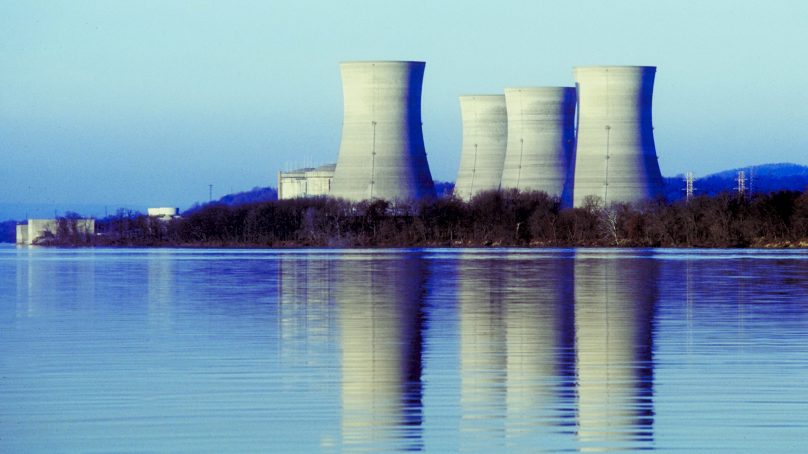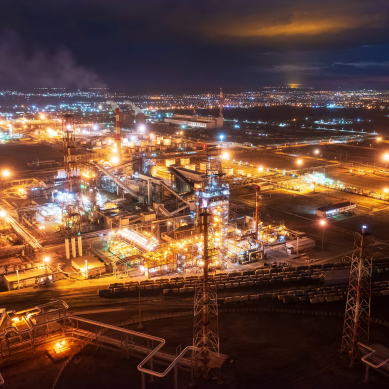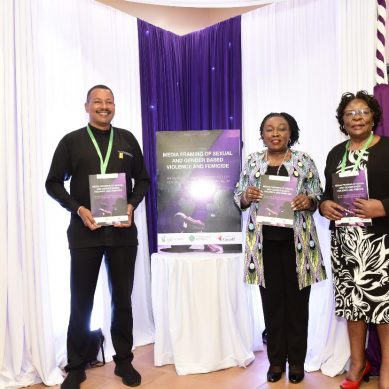
Kenya has announced plans to build a nuclear power plant in western Kenya in five years as options for renewable and fossil-based energy become increasingly limited as demand rises rapidly.
According to the Nuclear Power and Energy Agency (NuPEA), Kenya needs to bolster its current energy production of 3,400 megawatts to 60,000 megawatts annually to be ready for industrial stake-off as envisaged in Vision 2030 Marshal Plan.
Project details unveiled by the ministry of energy provided the construction timeline as 2030 and will bolster energy production capacity to 60,000 megawatts, once the plant is fully operational.
Siaya, which is in Lake Victoria Basin, has been identified for the project because of its proximity to the lake. The site of the plant is also strategic as Kenya will export the surplus power to Uganda and other East Africa Community (EAC) countries to the west.
Instructively, an output of 60,000 megawatts will surpass by more than eight times the electricity produced collectively by Kenya, Tanzania, Uganda, Rwanda, Burundi and South Sudan. Only the Democratic Republic of the Congo (DRC) surpasses this capacity, but it is hampered by internecine wars in the east that prevent it from realising its full potential.
Currently Kenya produces 3,400 megawatts, Tanzania 3,091.71 megawatts, Uganda 2,048 megawatts, Rwanda 277 megawatts, Burundi 34 megawatts and Democratic Republic of the Congo 13,625 gigawatts. South Sudan’s capacity is indeterminate.
Kenya relies on hydro, wind power, solar and geothermal for power supply, but rising demand for industrial and domestic consumption has suffocated production, resulting in frequent outages
At present, more than half of the country experiences long hours of power blackouts daily. The most affected are rural areas, where consumption is still low.
Speaking during the nuclear energy stakeholder engagement at Jaramogi Oginga Odinga University of Science and Technology, Energy Cabinet Secretary Opiyo Wandayi said nuclear energy has been on the cards as an essential power source for long and that it will not only drive the country’s industrialisation, but also deliver Vision 2030.
More importantly, he explained, nuclear energy will ease pressure on forests and improve environmental hygiene, besides limiting the vagaries of climate change. He said President William Ruto is fully committed to realisation of a robust sustainable energy.
“Kenya remains committed to implementing the nuclear power programme, while adhering to the highest possible international standards,” Wandayi assured.
Nuclear energy technology has been a controversial topic in the world, with fears that such projects can clandestinely provide access other uses of nuclear power, including armament.
The minister revealed that through the guidance of the International Atomic Agency (IAA), Kenya has made significant steps towards safe, secure and sustainable implementation of its first Nuclear Power Plant project in the country.
“Today Kenya is actually progressing through the second phase of implementation based on the IAA milestone approach,” he disclosed.
Wandayi said the setting up of a Nuclear Power Plant is a shared national endeavour, which demands foresight, collaboration and collective commitment. The minister encouraged the public to embrace the opportunity to build a resilient energy secure and prosperous Kenya.
The nuclear energy stakeholder engagement was also attended by former Prime Minister Raila Odinga, who has been on the forefront of pushing for the country to adopt nuclear energy to address sustainable energy needs during his days as the country’s minister for energy.
Raila appealed to the government of Kenya to partner with other unclear advanced countries for safety, capacity building, global expertise and oversight in implementation of nuclear energy programme in the country. He said the Lake Victoria Basin was picked due to its competitive advantage for the location of nuclear plant and assured the public that nuclear power is not only safe and sustainable, but also the answer to Kenya’s energy needs required for industrialisation.
Raila said nuclear power will be a complementary source of energy that will help the country actualise its development agenda.
Local leaders led by Bondo MP Gideon Ochanda welcomed the move by the government to build a nuclear power plant in the region and called for continued community awareness programmes on the nuclear energy.
Both Ochanda and Ugenya MP David Ochieng observed that negative perception about nuclear energy could only be addressed by proper sensitisation of the community about its safety and assurance of adherence to international safety standards for smooth implementation.
Siaya Senator Oburu Odinga, who is also the chair of the Senate committee on energy, said the implementation of nuclear energy is a result of vigorous research and assured the public that the power source is safe, efficient and environmentally responsible.
NuPEA Chair Larry Gumbe said the agency will sign MoU with Jaramogi Oginga Odinga University of Science and Technology to train technical staff on nuclear energy and for research purposes.
- A Tell Media / KNA report / By Brian Ending’







